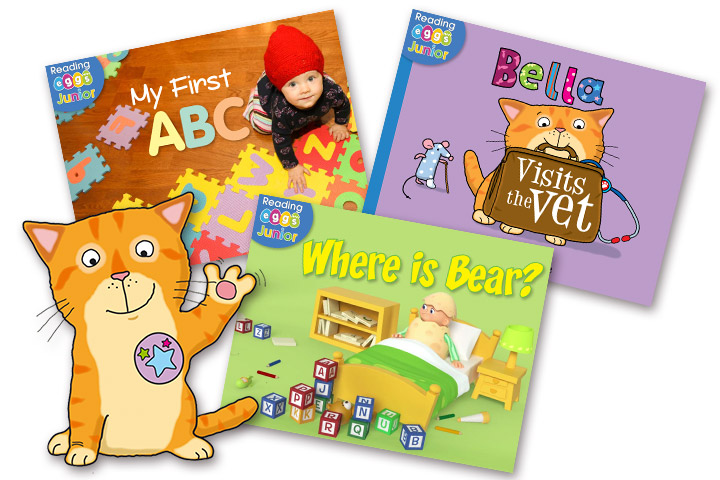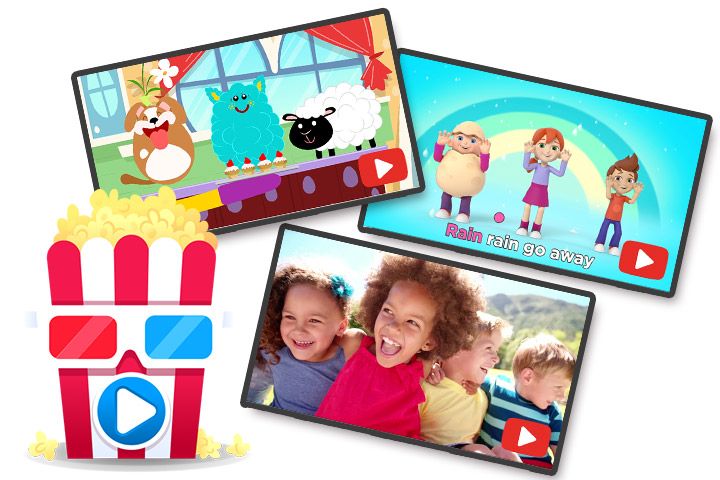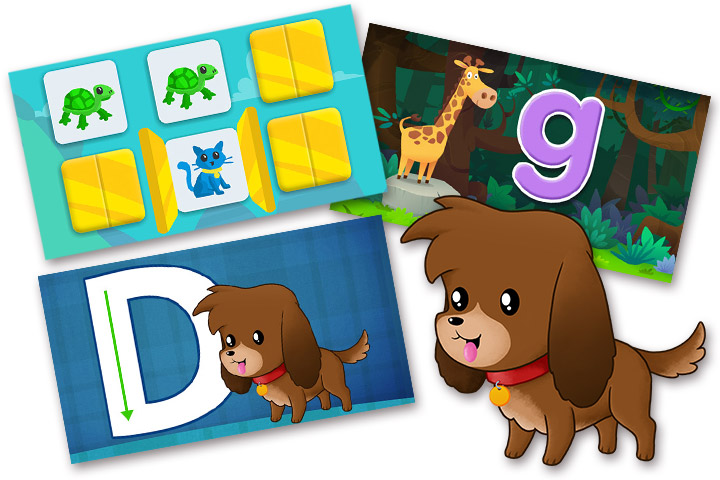Helping Toddlers Learn to Read
“Evidence shows that the difference between those who get bedtime stories and those who don’t—the difference in their life chances—is bigger than the difference between those who get elite private schooling and those that don’t.”
British academic Adam Swift told ABC presenter Joe Gelonesi

Early childhood development studies show that children who have more exposure to language enjoy greater social and educational advantages—and reading is one of the best ways to build and extend vocabulary and language skills.
Toddlers who are read to and experience books as a regular part of their daily routine gain many developmental advantages. These include:
Language skills
Builds knowledge of how sentences work, syntax, grammar and the fundamentals of spoken language.
![]()
Enhanced concentration
Increases attention span, memory and comprehension skills through both fiction and nonfiction books.
![]()
Vocabulary
Grows your child's bank of words, introducing new vocabulary and demonstrating how to use them.
![]()
Print awareness
Builds an understanding of how books work, and that the marks on the page represent letters and words.
![]()
Phonemic awareness
Shows how words are made up of smaller sounds—an essential pre-reading skill needed for later phonics instruction.
![]()
Alphabet knowledge
Promotes awareness of the names and sounds of the letters of the alphabet—a strong predictor of reading success.
![]()
Resilience
Builds confidence with new experiences by sharing stories, which allow children to experience their feelings, fears and thoughts in a safe environment.
![]()
Enjoyment
Promotes joy and a sustained interest in reading. Children who read more are more likely to succeed in all aspects of academic schooling.
![]()
Building early literacy skills with Reading Eggs Junior
Research shows the value of early reading and vocabulary development as contributors to future successes. Reading Eggs Junior integrates a comprehensive early learning program into the hundreds of books, videos and learning activities.





